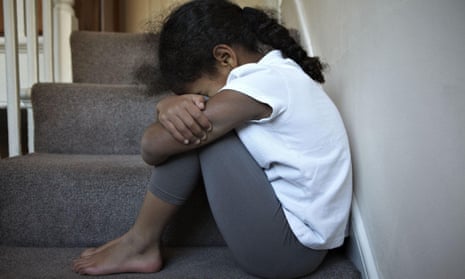I had involvement with residential childcare for over 40 years, from the early 1960s until I retired. While your editorial (6 March) is correct, it highlights issues that have been around since I started. Regularly, improvements and revisions made in children’s homes are overturned as the next round of spending cuts arrives. From the passing of the Children Act in 1989 until the early 2000s, there was some progress. We now seem to be reversing many of the strides that have been made, taking money from young people looked after by the state to assist in cutting taxes for the more fortunate.
You also highlight the scandals that have covered a range of issues from child abuse to financial abuse, all of which mean that children in care suffer more neglect rather than compensation for that which they have already suffered. This is often reflected in the behaviour of these young people, who then gain a negative public image which many politicians feel justifies not investing in them. Some young people cared for by the state may now receive little support beyond ages 15 or 16.
It is not a system that needs tweaking or simply more money, but restructuring in such a way that reflects normal family care and support as much as possible, and then, as you say, tough regulation to ensure it is happening.
Roy Grimwood
Market Drayton, Shropshire
That most children’s homes are run by profit-seeking companies is scandalous. Numerous inquiries have highlighted the failures of our care system for children, and in 2015 David Cameron called for a “root and branch” review, but still there’s been no real improvement.
Residential care continues to be an amateur service. If you appear to be reasonably caring and unlikely to abuse your charges, you can get a job. GPs have to complete at least four years of training, a solicitor six years, and the vet who treats your dog has a five-year qualification. Yet our most vulnerable children are cared for by people who are not required to have any previous relevant training.
Kindness and common sense alone cannot address the distressing problems that children in homes exhibit. Few have a plan to treat the reasons they are in the home, and, if they do, it is unlikely to be fully implemented. Few even receive regular sessions with a qualified counsellor. The annual cost for one child averages up to £200,000, yet half of prisoners under the age of 25 have been in care. Figures for mental illness and homelessness are equally grim. Ownership and regulation of homes needs to be addressed, but will not solve their continuing failure to meet the needs of the children they exist to serve. I still await “root and branch” reform.
Mel Wood
Swords, County Dublin, Ireland
Yes, care standards must be raised, but the systemic failures of England’s care system are much deeper than just the role of private providers. The alarming example of Robert McGuinness (Report, 3 March) is one symptom of a care system in crisis. And it’s in crisis partly because of decades of underinvestment in children’s social care, which has enabled unacceptable levels of instability for children in and leaving care (7,230 children moved placement more than three times in 2021).
The Independent Review of Children’s Social Care must tackle these root issues boldly in its incoming recommendations. And the government must commit to funding that enables the seismic change that’s desperately needed.
Katharine Sacks-Jones
CEO, Become
